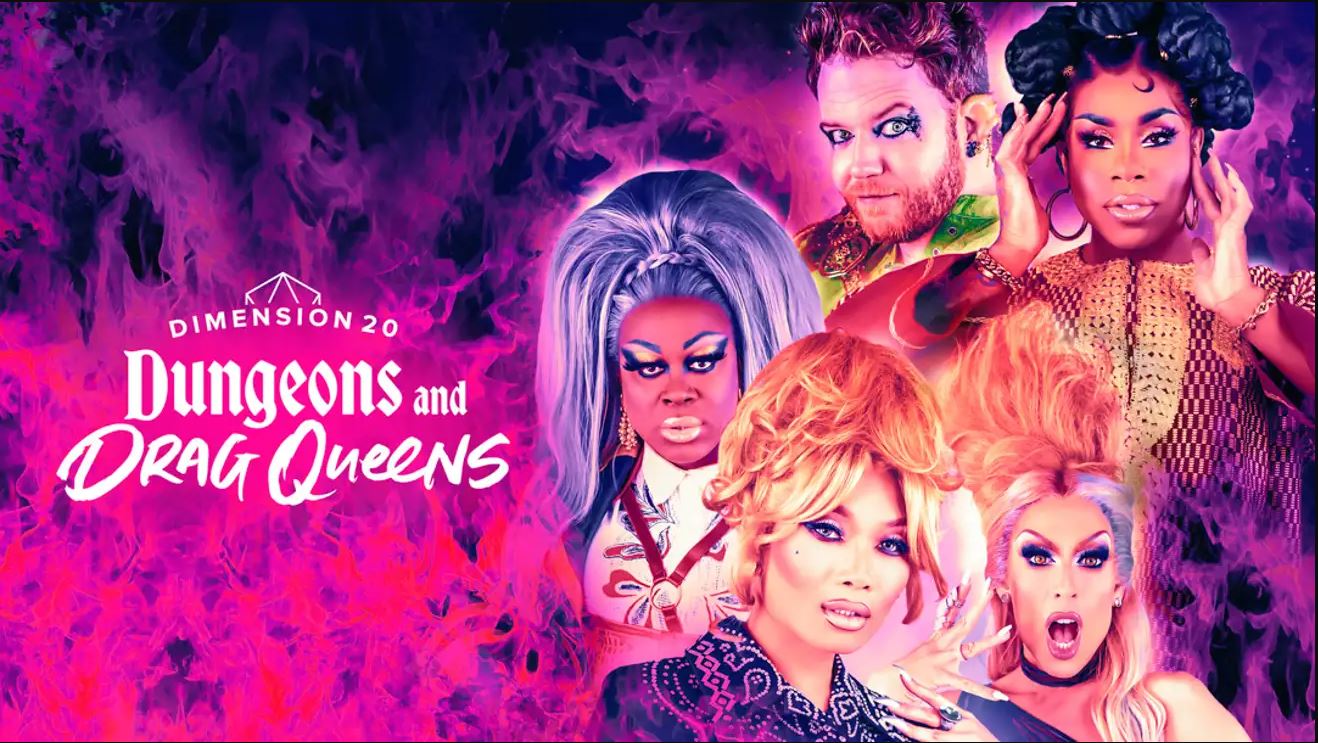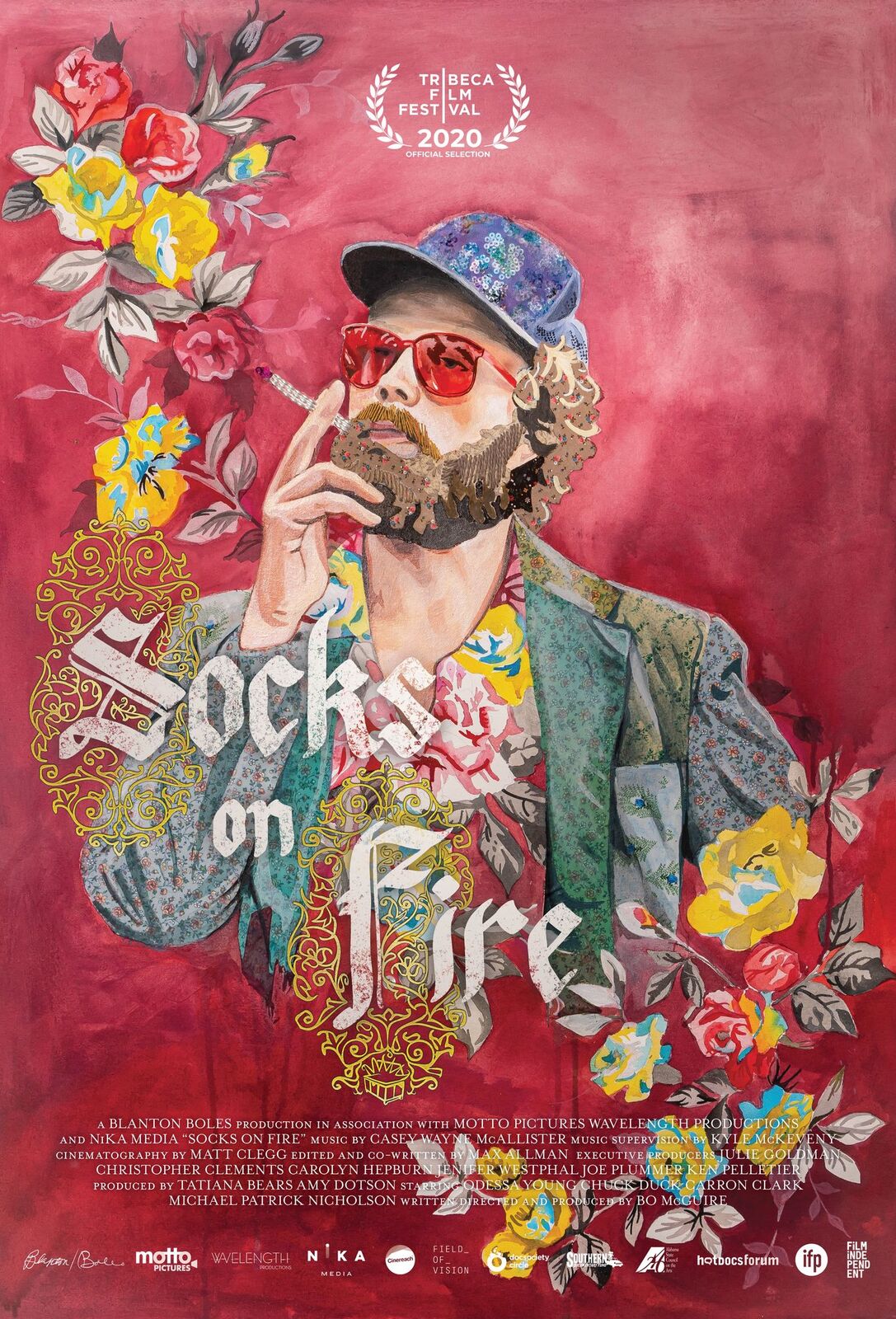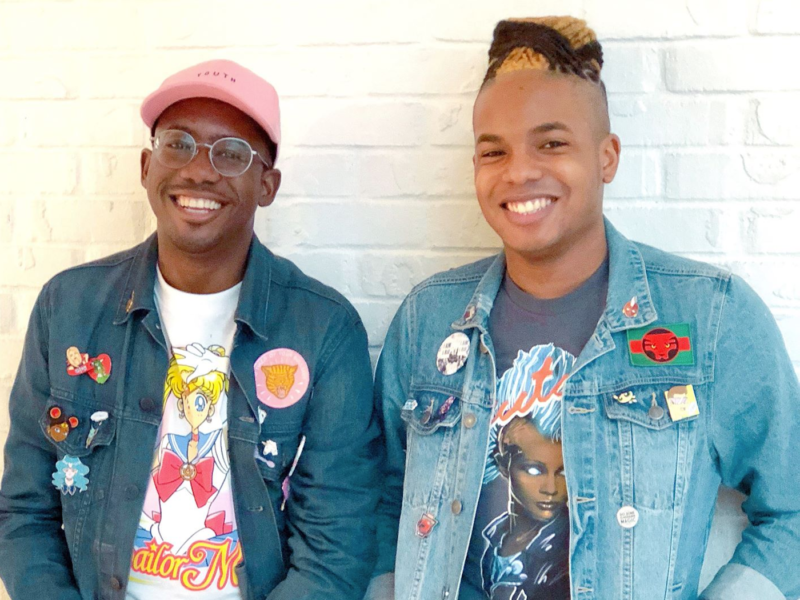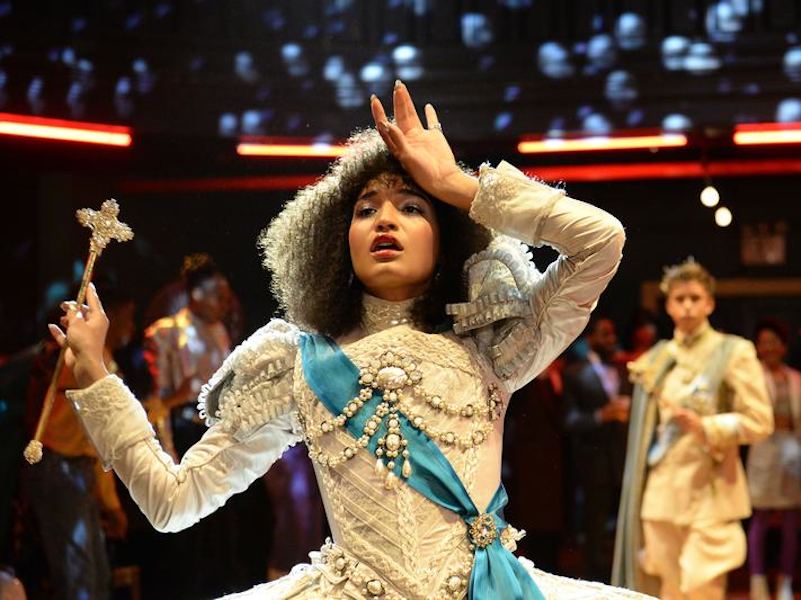
by Alexa Goodrich-Houska (she/they) | Apr 3, 2024 | Blog
Just in Case Disclaimer: This is a post about stars from RuPaul’s Drag Race appearing on an independent channel where comedians play RPGs. In case you did not realize this already, the language and references can get salty. Have you watched all of Critical Role...

by Justin Lockwood | May 7, 2020 | Blog
Director Bo McGuire in the opening of Socks on Fire My early notes for Socks on Fire, Alabama-born director Bo McGuire’s unusual and personal documentary, are pretty harsh. “Bizarre,” I wrote after the opening few minutes, with elaborate tableaus of various...

by Joe Corallo | Jun 25, 2018 | Blog
https://soundcloud.com/mutant_magicalboy_podcast/mutant_magicalboy_episode_8 It’s tea time, ladies! In what might be our gayest episode yet (don’t @ us), we’re gagging on FX’s new queer spectacular, Pose. Is it 10s, 10s across the board? Well,...

by Justin Lockwood | Jun 21, 2018 | Blog
The largest ever cast of trans actors on a scripted series assembles for something both entertaining and resonant. The Pose screening held at New York City’s Lesbian, Gay, Bisexual and Transgender Community Center hosted a wonderfully eclectic crowd....





